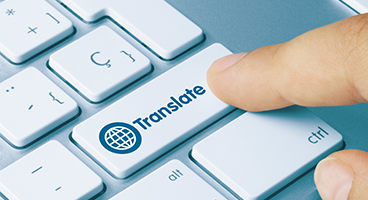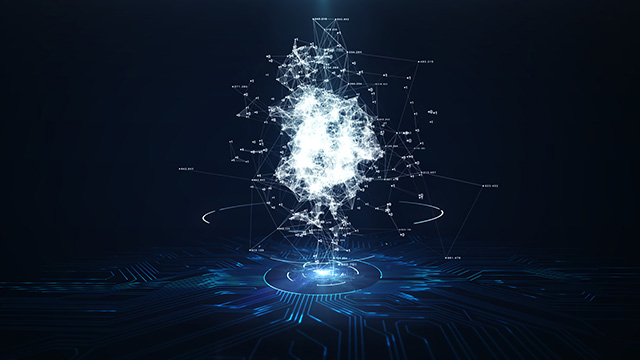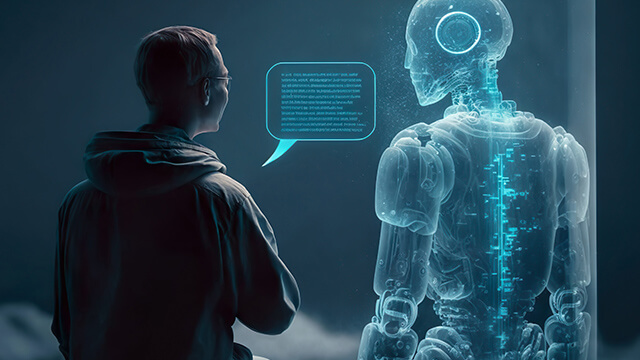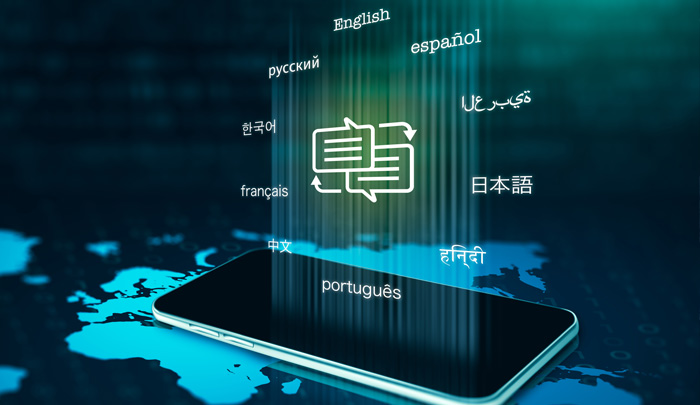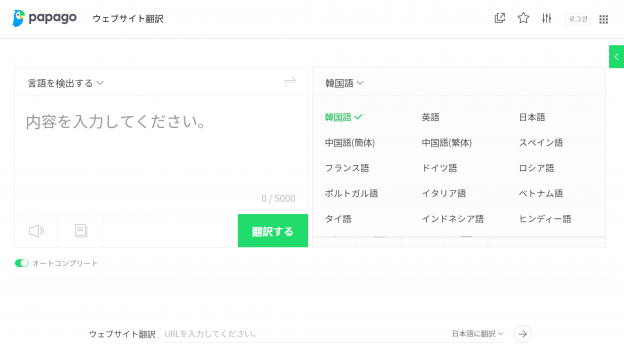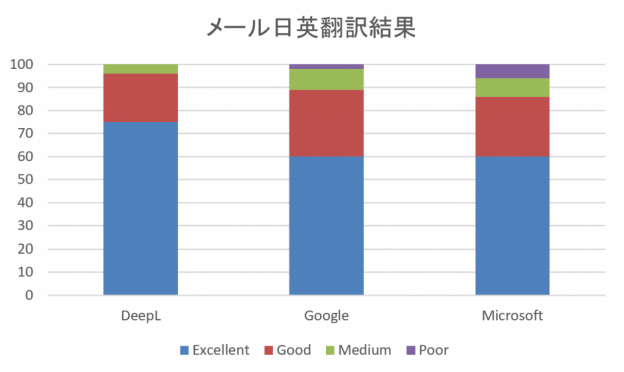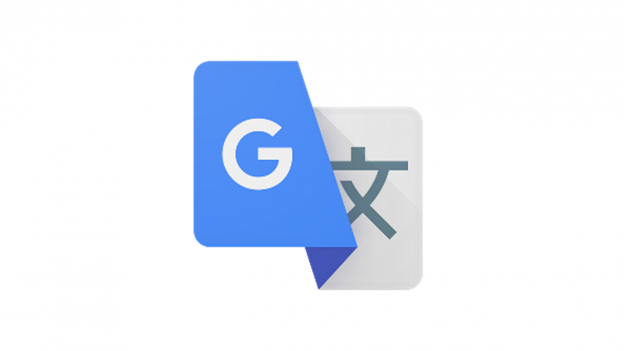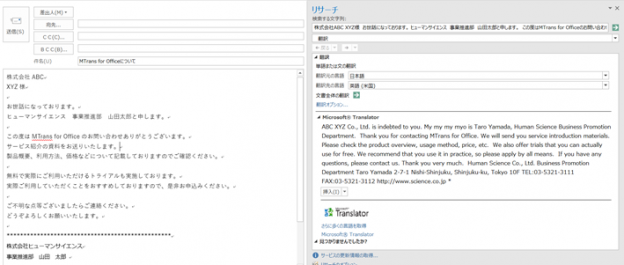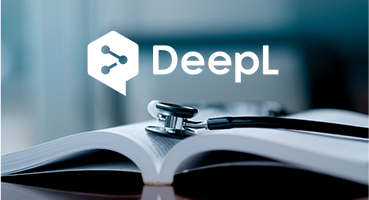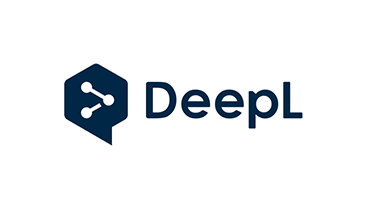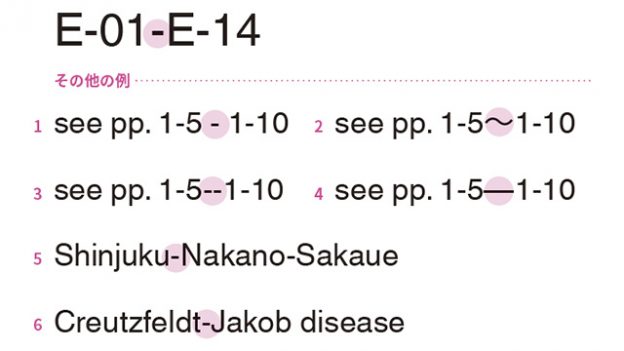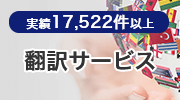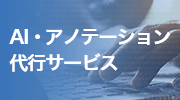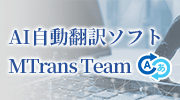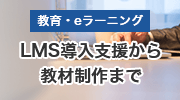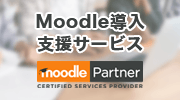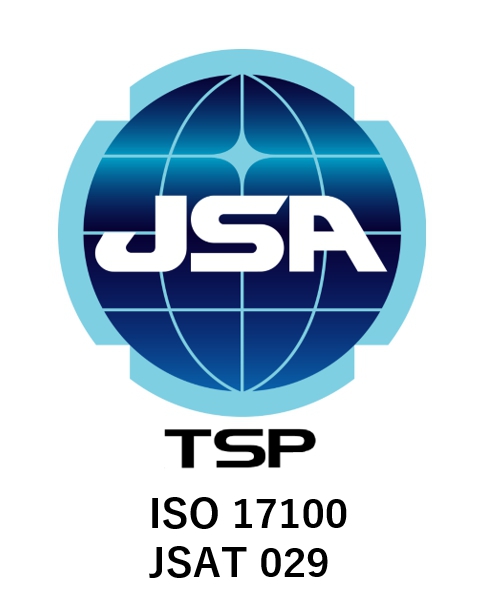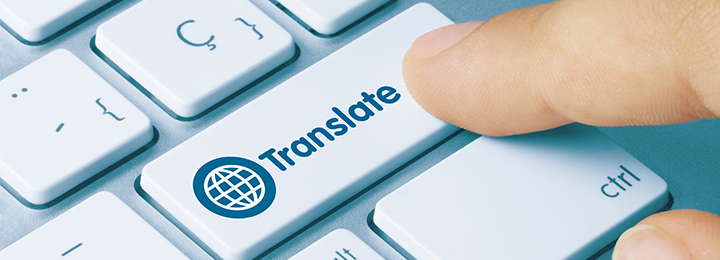
- Table of Contents
1. Latest Trends in Machine Translation
Machine translation is the process of using machines to translate from one language to another, instead of humans. It is also referred to as "automatic translation" or "AI translation", and is sometimes called "MT" (Machine Translation). Some well-known services include DeepL and Google Translate.
The machine translation market is expected to reach $153.8 million in 2020 and grow at an average annual rate of 7.1% between 2021 and 2026, reaching $230.67 million in 2026 (Source: Mordor Intelligence, "Machine Translation Market - Growth, Trends, COVID-19 Impact, and Forecasts (2022-2027)"). In Japan, DeepL has been gaining attention in recent years and the adoption of machine translation in companies is increasing.
In 2023, as the demand for more accurate translations increases, improvements in neural network through deep learning are advancing. Large-scale language models such as ChatGPT are also gaining attention, and there are potential uses for translation as well as improving and summarizing translated texts. However, the accuracy of translation by artificial intelligence is not yet perfect, and there is a trend towards valuing human proofreading and editing work.
2. Representative Machine Translation Services: "DeepL" and "Google Translate"
DeepL is a machine translation service released by the German company DeepL in 2017. Initially, it only supported European languages, but in March 2020, it newly added support for Japanese. DeepL has been providing the translation search engine Linguee, and by combining the collected translation data with deep learning, it has achieved a high-precision machine translation service.
Google Translate is a machine translation service released by Google in 2006. The initial translation accuracy was not very high, but in November 2016, it was revamped with a system called Google Neural Machine Translation (GNMT), which uses deep learning, and the accuracy for Chinese and Japanese in particular has greatly improved. Machine translation has been used for over 20 years, but with the introduction of Google Neural Machine Translation, the use of machine translation has accelerated even more.
The technology of machine translation is becoming increasingly important in order to overcome language barriers. DeepL and Google Translate are well-known machine translation services used around the world.
First, let me explain about DeepL. DeepL is one of the most advanced machine translation engines that uses neural networks to perform translations. DeepL is highly praised for its translation quality, especially when translating from English to other languages, as it is considered to be on par with human translators. The biggest feature of DeepL is its fluency. Translations are done in a natural expression, as if they were translated by a human translator. However, this fluency can also make it difficult to find mistranslations or omissions.
Next, we will explain about Google Translate. Google Translate also uses neural networks. Its feature is that it supports over 130 languages. It supports many languages that DeepL does not support. Google Translate is very user-friendly, with a simple and intuitive user interface. In addition, various translation functions such as voice translation and image translation are provided in the app for smartphones.
3. Translation Accuracy Comparison
At our company, we evaluated machine translation services from DeepL, Google, Microsoft, and Amazon for various fields such as IT, medical, machinery, contracts, and patents, and calculated BLEU scores. BLEU score is a numerical value that compares machine-translated sentences with human-translated sentences (reference translations) in a mechanical way to determine their similarity. The range is from 0 to 1, with 1 being closer to the reference translation. Even if the meaning is the same, the score will decrease if the words or expressions are different, but it is correlated with human evaluation and the higher the value, the higher the accuracy of machine translation is considered. As a guideline, if the score is 0.3 or higher, it is considered faster to correct the machine-translated sentence than to translate it from scratch (depending on quality requirements).
The evaluation results are as follows.
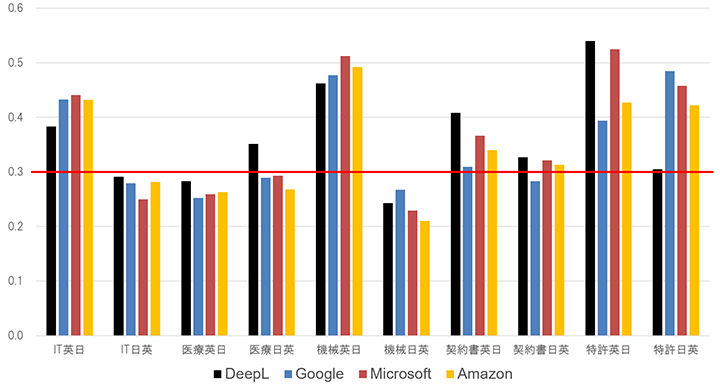
DeepL is excellent for IT Japanese-English, medical English-Japanese/ Japanese-English, contract English-Japanese/ Japanese-English, and patent English-Japanese translations. While DeepL has a good reputation, it is important to note that other machine translation services such as Google and Microsoft may be superior depending on the field and language direction. It is recommended to use different machine translation services depending on the field and language direction. Additionally, even within the same field, there are various types of documents and different translation quality may be required. For accurate evaluation, it is recommended to translate actual work documents and evaluate them.
Please refer to "DeepL Translation Accuracy? Comparison Results with Google and Microsoft in Business Emails" (https://www.science.co.jp/nmt/blog/20529/) for the translation accuracy of emails.
4. Points to Consider When Using Machine Translation for Business
When introducing machine translation into business, it is important to consider security. While there are many automatic translation services available for free on the internet, most of them do not guarantee confidentiality. By using a free service, there is a possibility that the inputted text or document may be reused, and this applies to services such as DeepL and Google Translate as well. Using a free machine translation service to translate confidential information may result in the leakage of such information, and it is prohibited by many companies. For more information on DeepL's security, please refer to "Is Confidentiality Maintained with DeepL Translation? Security?" (https://www.science.co.jp/nmt/blog/21127/).
When using machine translation, business terms may not be translated correctly. This is especially common in highly specialized fields or cutting-edge industries where mistranslations of terms are often seen. Machine translation services have a glossary function that allows you to specify translation equivalents for specific terms. We recommend using this glossary function to avoid mistranslations of terms. For more information on DeepL's glossary, please see "DeepL's Glossary Now Supports Japanese" (https://www.science.co.jp/nmt/blog/30746/).
Machine translation is recognized as one of the important tools in the business field. However, there are some points to be aware of. First, the translation quality is not perfect, which may lead to misunderstandings due to mistranslations. Especially when accurate translations are needed for business documents, proofreading by professional translators is necessary. In addition, machine translation may not take into account cultural and regional backgrounds.
In other words, there is a possibility that the nuances of translation that can only be understood by someone familiar with the language and culture of the country or region may be lost, so caution is necessary when using it for business purposes. Furthermore, there is a risk of confidential information being leaked through machine translation. When using free online translation services, be sure to check the terms of use and be careful not to leak confidential information. When using machine translation for business purposes, it is important to check the translation quality, understand the cultural and regional backgrounds, and take precautions to prevent confidential information from being leaked.
5. Summary
With the emergence of DeepL, machine translation services have gained attention and their use in corporations is accelerating. Multiple companies offer machine translation services, and the translation accuracy varies depending on the field and document being translated. It is not recommended for corporations to use free machine translation services from a confidentiality standpoint.
We offer a translation software "MTrans for Office" that incorporates machine translation services from DeepL, Google, and Microsoft. Please try our 14-day free trial to confirm the quality and usability.
Related Services
Translate Office with the easy translation software MTrans for Office
